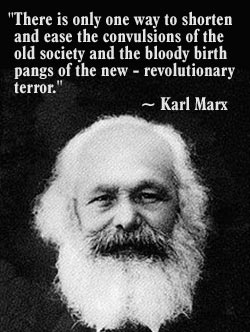Are We Too Wicked for Freedom? [Good Life series]
An ancient myth tells of a poor young man who found a magical ring. The young man’s name was Gyges. He was a shepherd, responsible for tending his village’s sheep as they grazed in the summer meadows away in the hills. His job was lonely, poorly paid, and most of the time he smelled like […]
Are We Too Wicked for Freedom? [Good Life series] Read More »

